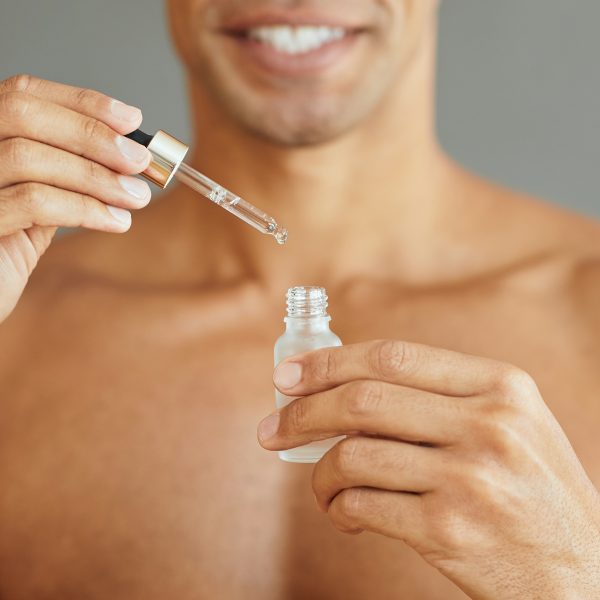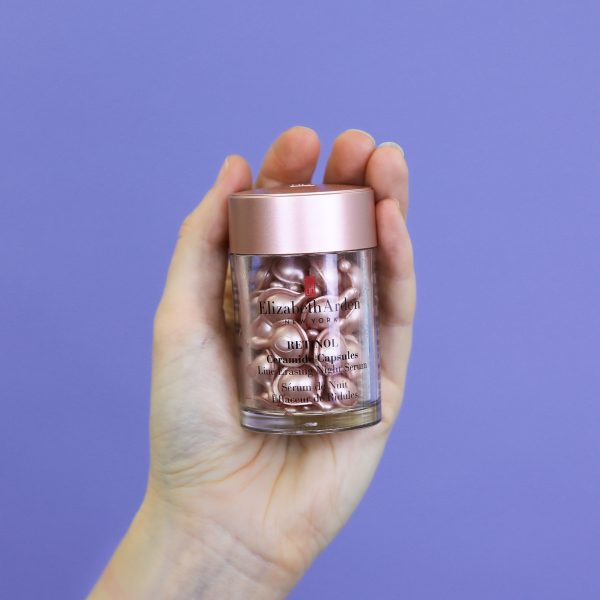
Ageing Skin
What is ageing skin?
Ageing skin tends to lack glow due to the deterioration of the dermis and epidermis. The skin becomes drier and patchy due to reduced sebum secretion, an oily secretion which helps to protect it.
As you age, your skin becomes less elastic leading to the appearance of wrinkles and lines. It also increases susceptibility to tear-type injuries.
Every person ages differently. Apart from the natural process, some alternative environmental and lifestyle factors increase the rate at which the skin ages.
What causes ageing skin?
- Drugs – Drug use is a common factor that causes the ageing of skin. Substances like nicotine in cigarettes and alcohol tend to deposit free radicals (unstable molecules) in the blood that accelerate the ageing process. Notably, drugs cause deterioration across the body and not just on the skin.
- Ultraviolet rays – The appearance of spots and blemishes on the skin is often caused by the intense radiation from the sun. Failure to wear sunscreen or protective clothing increases the damage done, and in turn speeds up the ageing process.
- Diet – This is an important factor since it affects the type of vitamins, nutrients and mineral salts absorbed throughout the body. Eating trans fats, red meat, processed sugars and other unhealthy foods will increase the speed at which the skin ages.
- Skin care products – There are some products that can have a negative impact on the skin. Products with a heavy constitution can have a degrading effect on the skin by altering the rate of skin regeneration and sebum secretion. As a result, they will eventually cause it to appear dry, scaly and reduce its elasticity. This is a problem since the effects can be permanent or quite hard to reverse.
- Genetics – Although unavoidable, these play an important role in the ageing of skin. For some people, the skin deteriorates faster and signs of ageing will show earlier.
- Stress – Stress, and emotions cause an imbalance in hormones which will affect the rate at which the skin rejuvenates. One of the main hormones released during a stressful period is Cortisol, which has been known to break down the collagen in the skin. Stress is inevitable in everyone’s lives however extreme and prolonged stress can trigger the ageing process earlier than expected.
How to prevent the ageing of skin
- Using mildly moisturising skincare products can help protect the skin from drying or losing its elasticity. This will help to reduce the appearance of pores, wrinkles and lines.
- Wearing sunscreen and protective clothing protects the skin from the harmful effects of ultraviolet rays.
- A good diet goes a long way in supplementing the skin. Healthy foods do not deposit free radicals in the body. Diet also helps to maintain hormonal balance which affects the rate at which the skin rejuvenates. Make sure you keep the skin hydrated by drinking plenty of water everyday.
- Good hygiene is important since regular washing helps to remove harmful substances collected on the skin.

































